-
×
 Complete Fascinate System for Busines from Sally Hogshead
1 × $137.00
Complete Fascinate System for Busines from Sally Hogshead
1 × $137.00 -
×
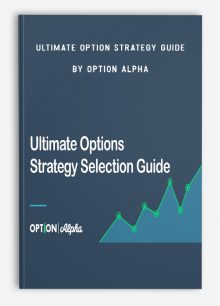 Ultimate Option Strategy Guide by Option Alpha
1 × $25.00
Ultimate Option Strategy Guide by Option Alpha
1 × $25.00 -
×
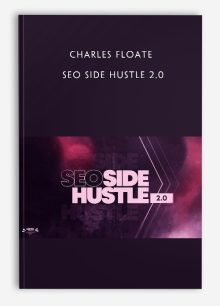 Charles Floate – SEO Side Hustle 2.0
1 × $47.00
Charles Floate – SEO Side Hustle 2.0
1 × $47.00 -
×
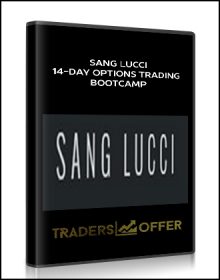 Sang Lucci – 14-Day Options Trading Bootcamp (July 2014)
1 × $45.00
Sang Lucci – 14-Day Options Trading Bootcamp (July 2014)
1 × $45.00 -
×
 Elliot Wave 34 Lessons
1 × $29.00
Elliot Wave 34 Lessons
1 × $29.00 -
×
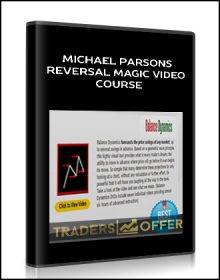 Michael Parsons – Reversal Magic Video Course
1 × $37.00
Michael Parsons – Reversal Magic Video Course
1 × $37.00
Subtotal: $320.00

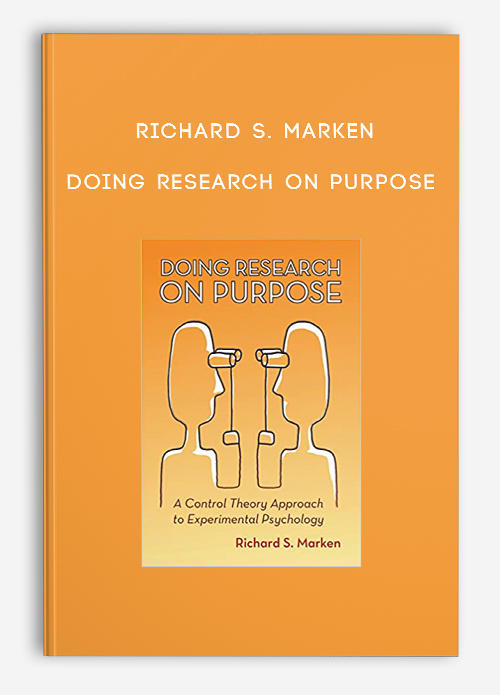
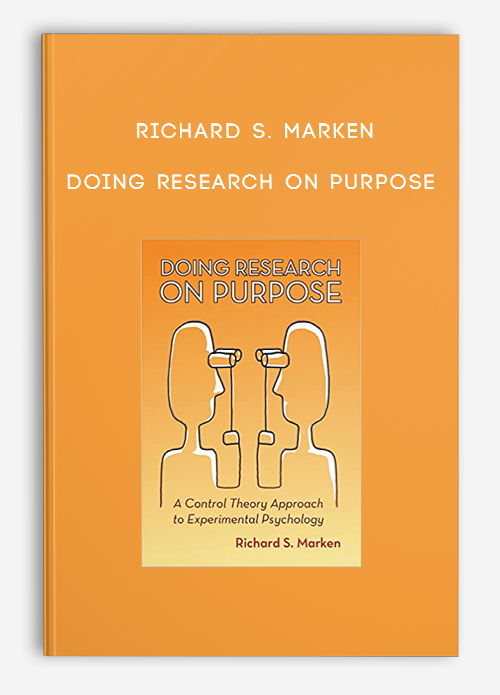
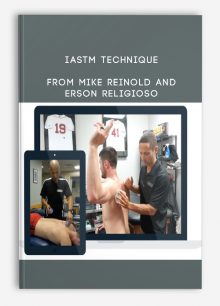
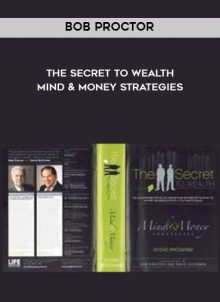
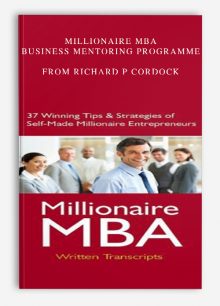

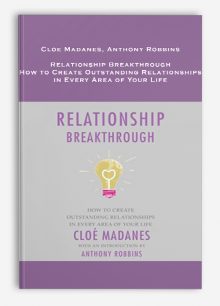

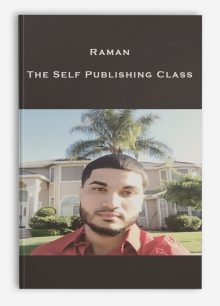

king –
We encourage you to check Content Proof carefully before paying.
“Excepted” these contents: “Online coaching, Software, Facebook group, Skype and Email support from Author.”
If you have enough money and feel good. We encourage you to buy this product from the original Author to get full other “Excepted” contents from them.
Thank you!